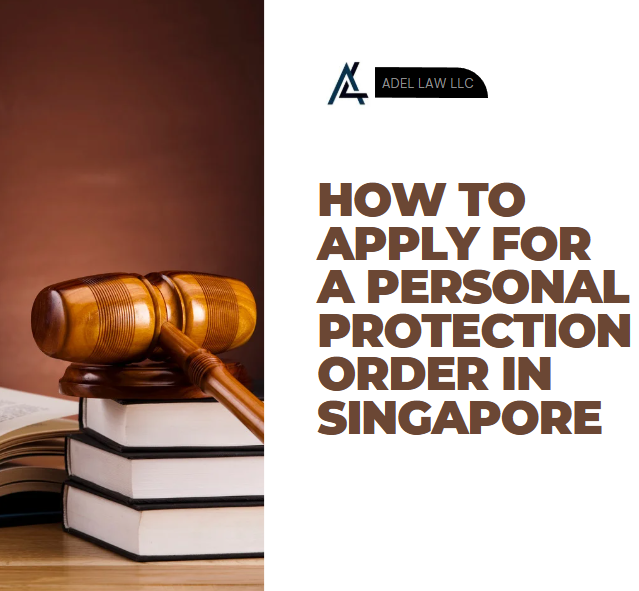Going through a divorce is never easy. It becomes even more challenging when both parties cannot agree on key issues. This is known as a contested divorce. In Singapore, contested divorces can be emotionally and financially draining, but understanding the legal process can help you feel more prepared and in control.
What is a Contested Divorce?
A contested divorce happens when one spouse disagrees with:
- Getting a divorce at all, or
- The terms of the divorce, such as who gets custody of the children, how to divide property, or how much maintenance should be paid.
This is different from an uncontested divorce, where both parties agree on everything and just want to formalize the end of the marriage.
Legal Requirements for Divorce in Singapore
Before you can file for divorce in Singapore, certain conditions must be met:
- You must be married for at least three years, unless you can prove exceptional hardship or unreasonable behaviour.
- Either you or your spouse must be a Singapore citizen, have lived in Singapore for the last three years, or regard Singapore as your permanent home.
Grounds for Divorce in Singapore
To get a divorce, you must show that the marriage has irretrievably broken down. As of 2024, there are five legally accepted grounds to prove this:
- Adultery – Your spouse had sexual relations with someone else and you find it unbearable to continue living together.
- Unreasonable Behaviour – Your spouse acted in a way that makes it impossible for you to stay in the marriage.
- Desertion – Your spouse left you without good reason for at least two years.
- Separation – You have been separated for:
- Three years (with your spouse’s consent), or
- Four years (without your spouse’s consent).
- Three years (with your spouse’s consent), or
- Divorce by Mutual Agreement – A new, non-adversarial option where both parties agree that the marriage has broken down and should end. This allows couples to part ways without placing blame on either side, though the court must still be satisfied that proper arrangements are made for children and financial matters.
In contested divorces, the dispute usually arises when one party denies the ground (such as denying unreasonable behaviour or refusing to agree on mutual breakdown) or challenges the proposed arrangements.
Common Disputes in Contested Divorces
Contested divorces often involve disagreements over:
- Child Custody and Care – Who the children will live with and how much time the other parent can spend with them.
- Division of Matrimonial Assets – How the property, savings, and other joint assets should be divided.
- Maintenance (Alimony) – Whether one party should financially support the other or the children, and how much should be paid.
- Responsibility for Legal Costs – Who should bear the legal expenses of the case.
These issues can be complex and often require the court to make a decision if both sides cannot agree.
The Legal Process for a Contested Divorce
Here’s a step-by-step look at how a contested divorce works in Singapore:
- Filing of Divorce Papers – The party seeking the divorce files a Writ for Divorce along with supporting documents.
- Serving the Documents – The divorce papers are delivered to the other spouse.
- Defense and Counterclaim – The other party can file a defense or even counterclaim, giving their side of the story.
- Case Conference – The court will call for a meeting to understand the key issues and guide both parties.
- Mediation – The court may suggest mediation to help both parties reach a mutual agreement.
- Trial – If mediation fails, the case proceeds to trial. Each side presents their case and evidence.
- Judgment – The judge makes a decision on all disputed matters.
A contested divorce can take several months or even longer, depending on how complicated the issues are.
Why Legal Help is Important
Contested divorces involve more than just emotions—they involve your rights, your children, and your future. It’s important to have legal guidance from someone who understands family law in Singapore.
At Adel Law LLC, we take the time to listen to your concerns and help you make informed decisions. Whether you’re facing disputes over property, children, or maintenance, our team is committed to protecting your interests and reaching the best possible outcome.
We believe in resolving family matters with care, professionalism, and respect. If needed, we’ll also represent you in court with a clear and strong legal strategy.
Need help with your divorce?
Reach out to Adel Law LLC for a confidential consultation today.Visit us: www.adellaw.com.sg
Call: +65 6029 3070
WhatsApp: +65 8399 7923




